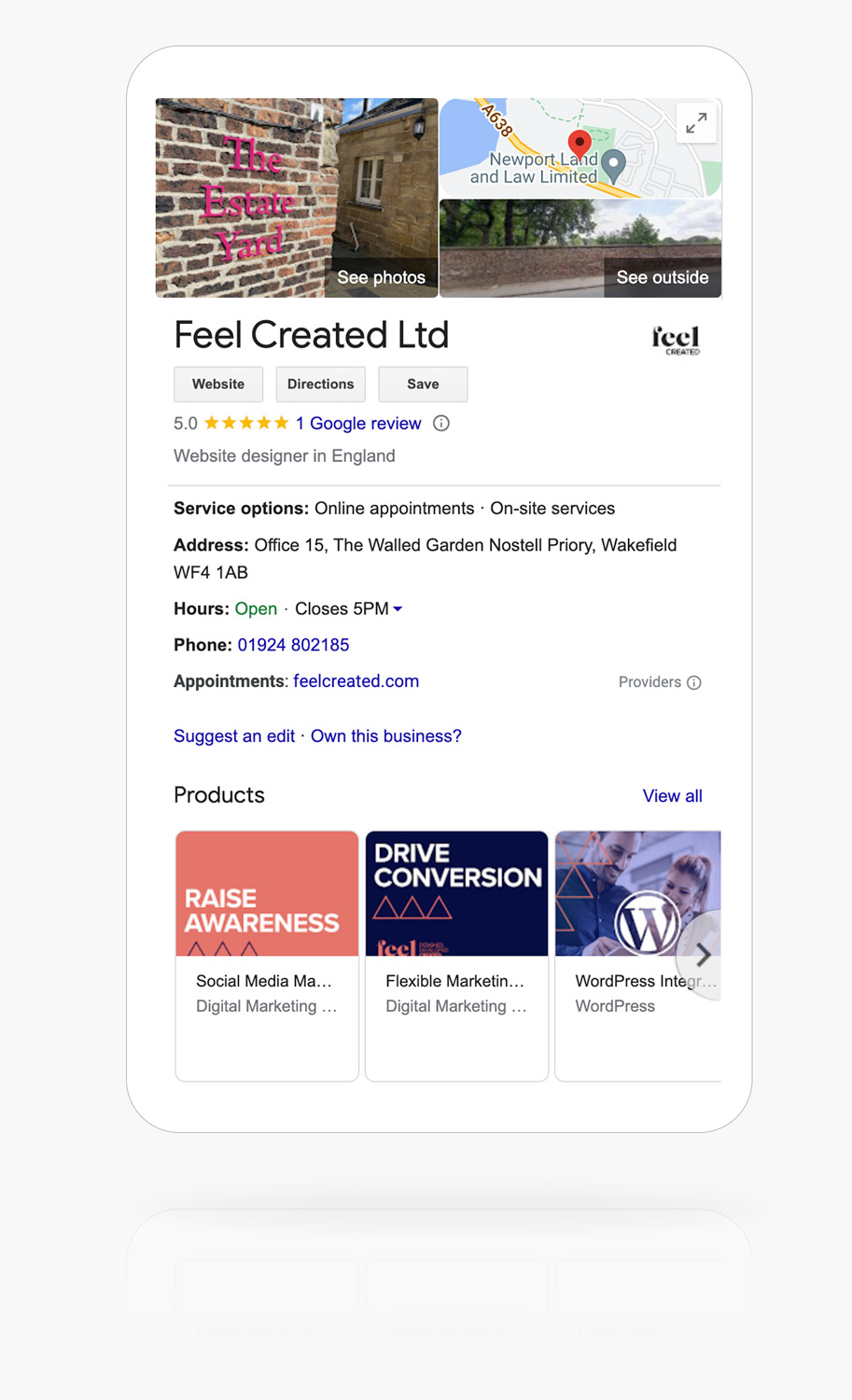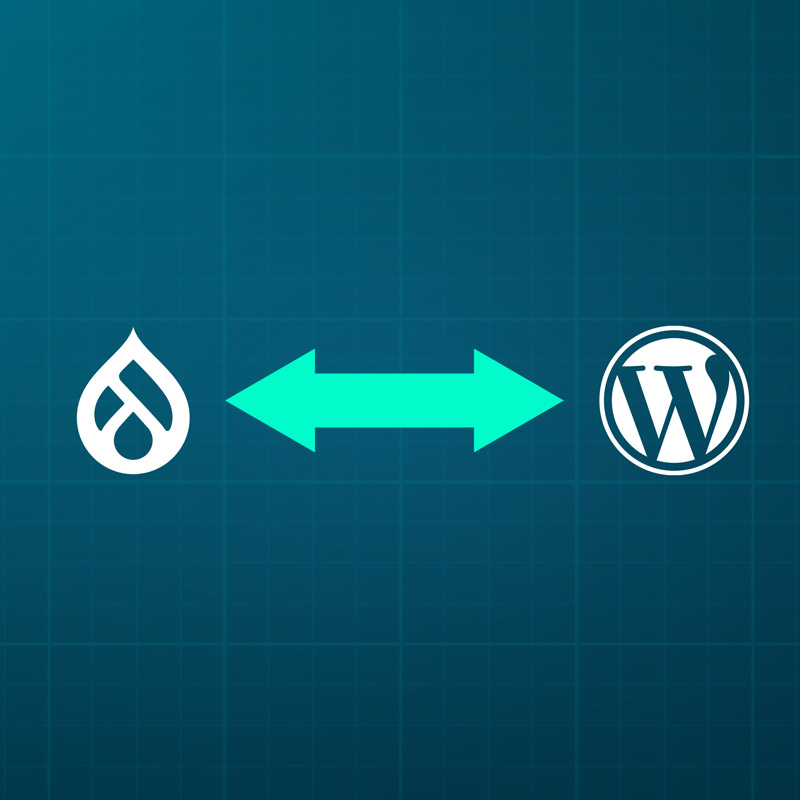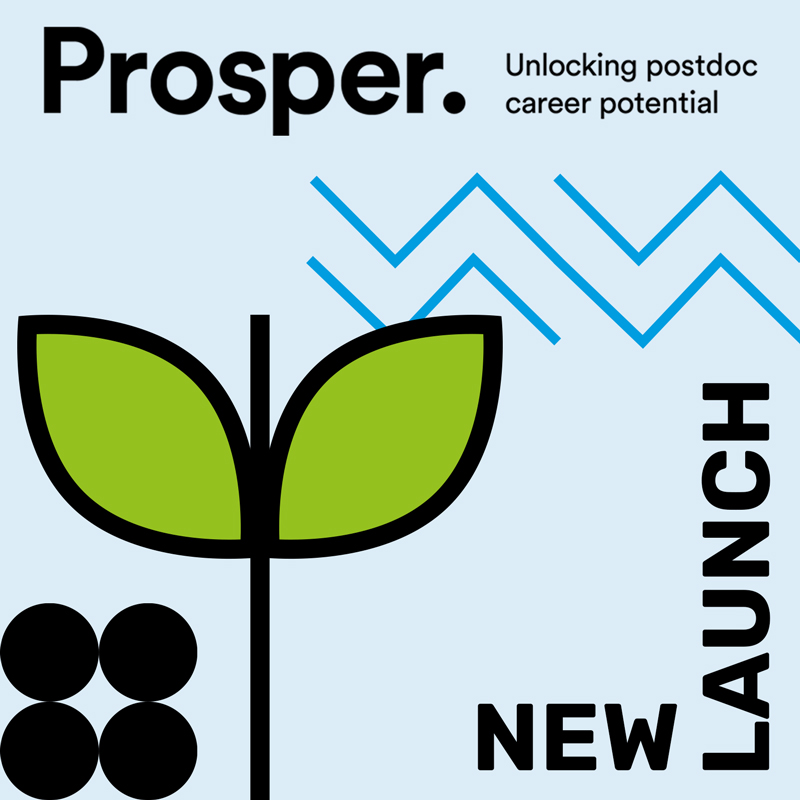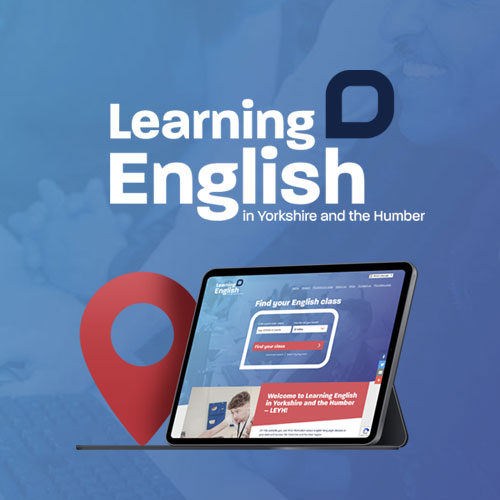Improve your customer experience
Make it easy for your customer to find you with an up-to-date online web presence
Here are our top tips for making your customer journey effortless without missing out on those all-important sales.
Finding what they need in a couple of clicks…

Imagine the scenario; you've heard about a local retail space you can't wait to visit, so you Google it for directions and opening hours. Ideally, the information appears within one or two clicks. But what if you can’t find the information you need? According to Review42, 74 per cent of customers can switch brands if the purchasing process is too difficult for them. If you put unintentional roadblocks in your customers’ way, they’re less likely to complete the purchase – particularly if it means using precious fuel to get there.
As UK consumers navigate the rising cost of living, over half are cutting down on luxuries or one-off treats (Barclays Corporate). Helping your customers get to store while they’re in the mood to purchase is critical to making every possible sale. If you’re a busy SME managing your digital presence on top of growing your business, walking in your customer’s shoes to understand the perfect journey is not always straightforward.
So, what can you do to make the journey as effortless as possible? Here are three quick tips to ensure your customers get what they need quickly.
Update your website, and Google Business Profile
Make your address, opening hours and contact details readily available
The first port of call for customers looking for a postcode, opening hours or contact details is your Google Business Profile listing. They may not even visit your website if they can find the information they’re looking for (in terms of finding your brick-and-mortar store). Or perhaps they will, to double-check and verify the information.
There are two places people expect to find contact details on your site: the header and the footer. Give them what they need in both locations. Speaking of headers, ensure your navigation is legible – no tiny or white text over pale images (e.g. sky). If they want to explore your site further, make it easy for them to navigate.

Help your website appear in search engines
Don’t restrict your website from being foundAs an SME, you may have used one of the popular website builders to create your site. But once created, you'll need to ensure it’s indexed properly (so that Google lists it when people type your brand name in the search bar). Make sure your website comes up when searched by:
– Checking that your website is mapping. For example, in WordPress there’s a checkbox you’ll need to make sure isn’t ticked
– Including your brand name in your domain
– Creating a Google Business Profile listing for your business
If you’re working with a developer or development agency, they should take all these considerations into account pre-launch.
Make sure your contact buttons are linking through
Make sure your contact buttons are linking throughAdd your details in all relevant places, which is different for each platform, so be sure to seek the sections out. Learn more/explore/discover buttons should link through to your home page, making it easy for customers to click and find your site. Where possible, add in your opening times and remember to update these ahead of bank holidays and any other periods where you’ll be unexpectedly closed. You can also do this by posting feed updates to cover every base.
On your website, add your social media links as buttons (social icons) to the header or footer of the page. While many businesses prefer to keep them in the footer, as a brick-and-mortar retailer, it may be beneficial to have yours at the top for quick visibility. Having recently and regularly updated social media accounts demonstrates to your customers that you’re active and thriving.
Create bold call-to-action sections
A final signpost is a clear call to action
If your customer is simply looking for address details or opening times, it’s likely they’ll find it quickly if you’ve taken the measures above. But to be sure they can make contact, ensure you capture customers looking for a 'contact us' section with a bold call to action (CTA) sections. You can do this in various ways, but one of the easiest is using a block-based editing tool. With a block-based editor, such as WordPress Gutenberg, CTAs can be dropped in as elements with messaging adjusted for the page. Once you’ve created a CTA block, you can also reapply it to multiple pages if it makes sense, saving time and effort. For more information on custom block-based editing systems, call us – we'll be happy to demonstrate our systems.
For more information on optimising your website to improve the customer experience, check out our other reads:


















